- The Things We Love: How Our Passions Connect Us and Make Us Who We Are Jeffrey Besecker 1:13:50
Marketing Professor, Dr. Aaron Ahuvia and host, Jeffrey Besecker discussed the psychology of love and how it applies to why people love ‘things’, with Aaron being the first to publish empirical work on the topic.
They discussed how pleasure and identity are two factors that guide people to the things they love, and how love is connected to bonding in other mammals.
- Aaron Ahuvia suggests that loving something is finding it to be so excellent that you want to make it part of who you are.
He explains that when people have a strong, positive attachment to their parents, they build a model in their head that the world is a safe place and it is easier to form relationships. He also talks about how people who have difficulty in their relationships with people may substitute pets for people.
Jeffrey Besecker and Aaron Ahuvia discussed how people’s attachment to objects often connects them to people, and how people with a lack of social relationships may substitute objects for people.
When it comes to our stuff – Is It Really Love?
They also discussed how people’s brains sort people and objects differently, and how hoarding can be caused by a malfunction in the brain’s sorting mechanism.
Aaron Ahuvia discussed how people’s brains process objects and people differently, and how companies use anthropomorphism, connections to people, and identity to create emotional connections with their products.
Aaron Ahuvia and Jeffrey Besecker discussed how people form relationships with objects and how those objects can be used to build stronger communities and relationships with people.
- He also discussed how in-group and out-group biases can influence people’s opinions of products and how certain colors can evoke negative associations.
- We explore how materialism can be used to compete for status with other people, which can drive a wedge between people.
- Discussing how to step back and form more openness, vulnerability, and conscientiousness in our connections with the world.
Key Topics:
- Exploring the relationship between love, objects, and people
- Unconscious brain processing of People vs. Objects
- What we learn about trust from our insurance companies
- How The Marketing Motto of ‘Know, Like, Trust’ Often Falls Short
Key Questions:
- What Factors Guide Us Toward the Things We Love?14:04
- What is the simplified definition of love?27:11
- How does the brain decide if something is a person or an object?49:52
- How do we psychologically ‘other’ people and slide them into one category or the next, turning them into that stuff or sometimes even turning them into that old shoe that we discard and pitch?54:51
- What distinguishes between what we like and what we don’t like?1:11:10
—————
JOIN US ON INSTAGRAM: @thelightinsidepodcast
SUBSCRIBE: pod.link/thelightinside
Featured Guests:
Credits:
Music Score by Epidemic Sound
Executive Producer: Jeffrey Besecker
Mixing, Engineering, Production, and Mastering: Aloft Media Studio
Senior Program Director: Anna Getz
Resources:
The Things We Love – How Our Passions Connect Us and Make Us Who We Are
Possessions and identity: reflections on the work of Russell Belk
Anthropomorphism and the things we love
The things we love and identity conflicts
—
Send in a voice message: https://podcasters.spotify.com/pod/show/thelightinside/message
Support this podcast: https://podcasters.spotify.com/pod/show/thelightinside/support


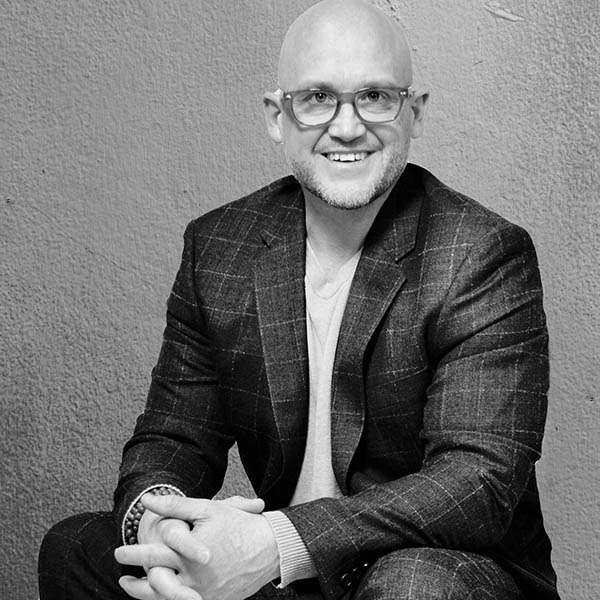


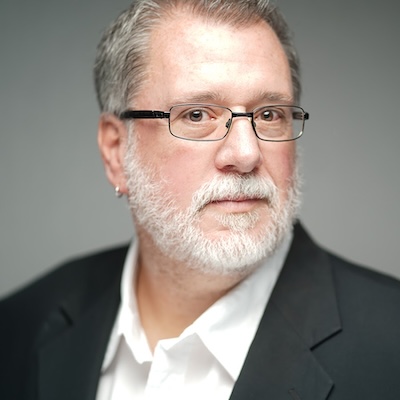
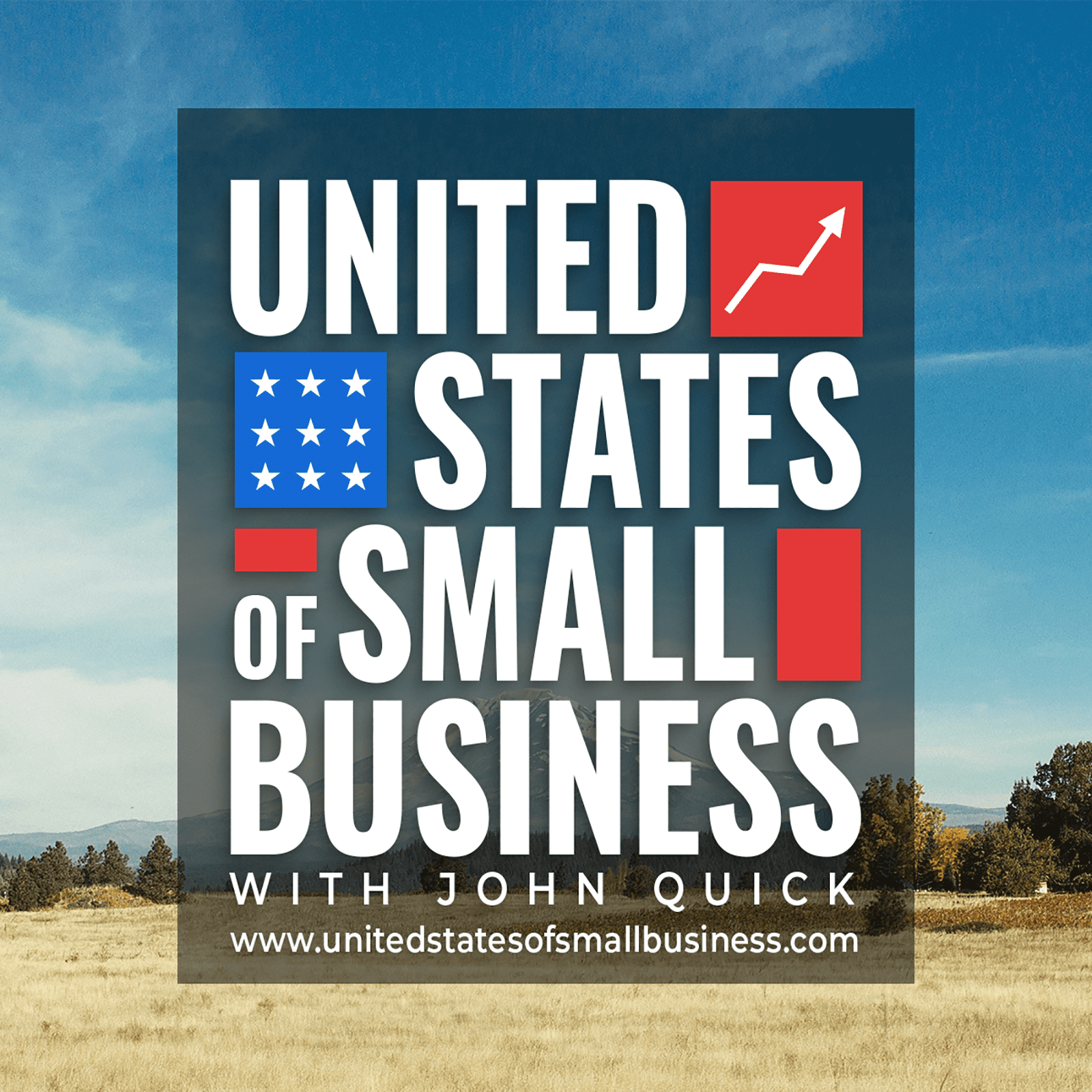



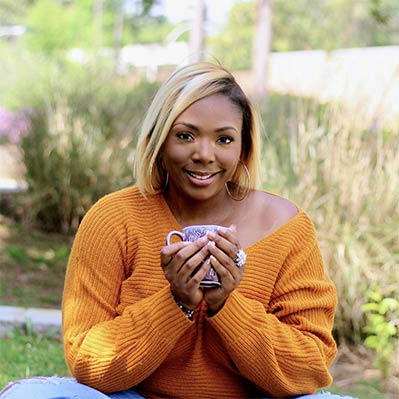




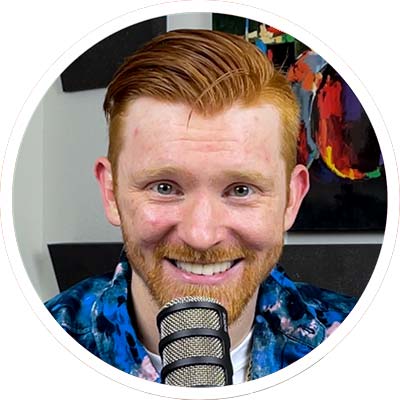

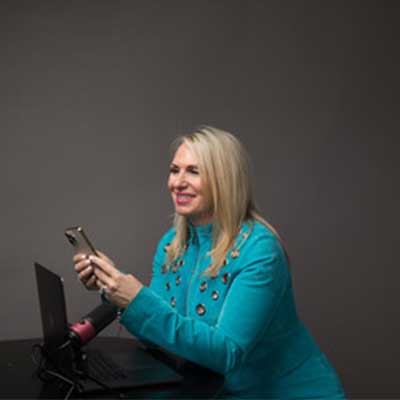
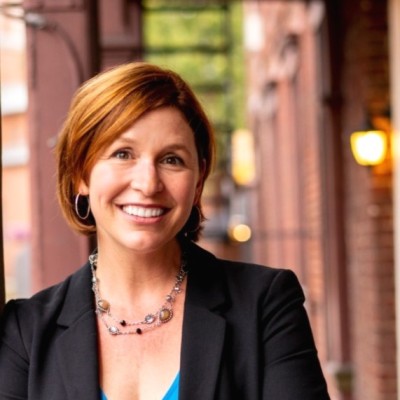
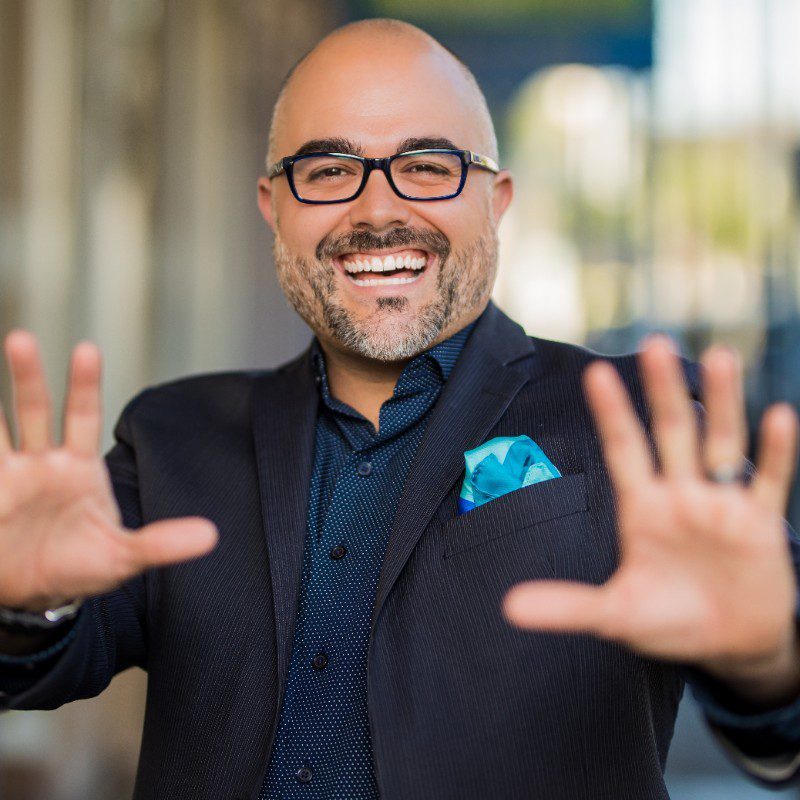









Already a Member? Login Here.
Not Yet a Member? Join the Conversation Today!